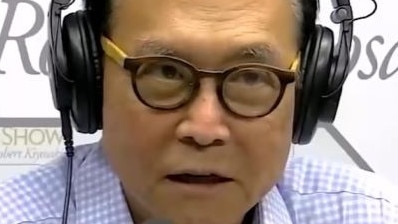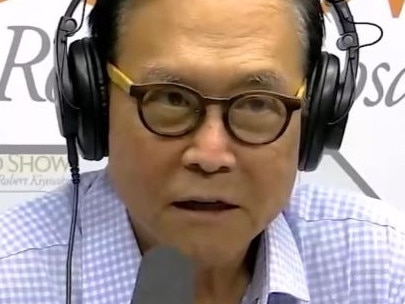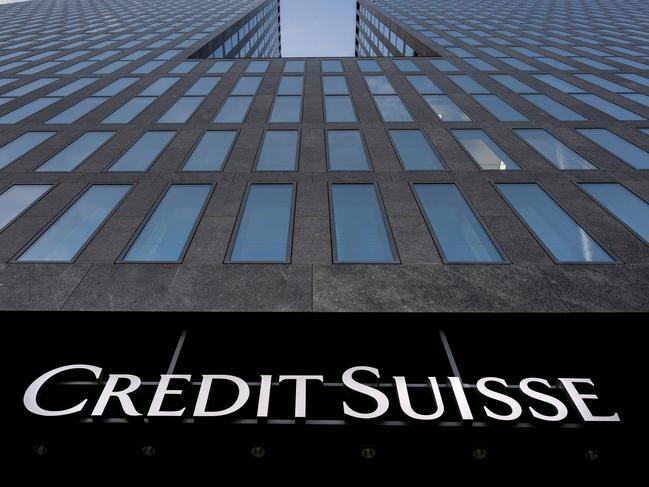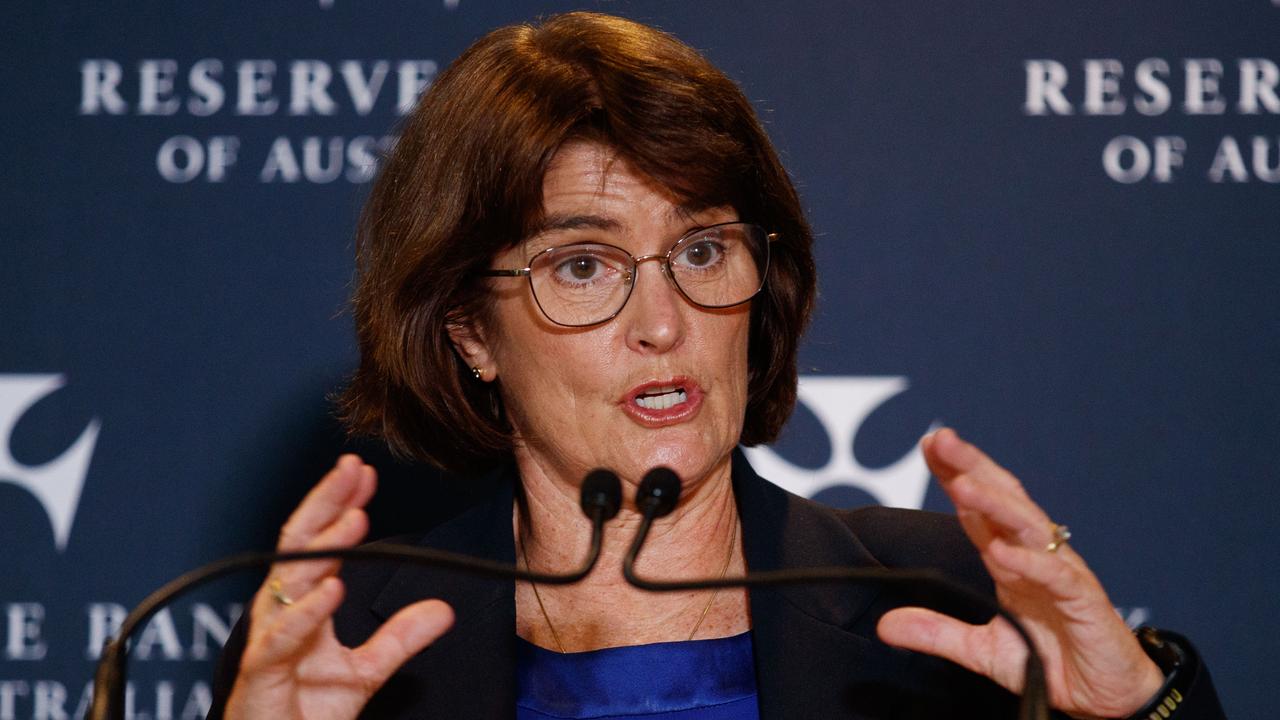Wall Street expert Robert Kiyosaki predicts next US bank to fail
The expert who successfully predicted the 2008 Lehman Brothers’ collapse has dropped his latest forecast - and it doesn’t look good for one bank.

Banking
Don't miss out on the headlines from Banking. Followed categories will be added to My News.
Renowned finance expert Robert Kiyosaki, best known for his successful prediction of the 2008 Lehman Brothers’ collapse that sparked the global financial crisis, has once again made waves with his latest forecast.
Speaking on Cavuto: Coast to Coast, Mr Kiyosaki said that Credit Suisse is the next bank at risk of collapse due to the volatile bond market.
Mr Kiyosaki is “concerned” about Credit Suisse – the world’s eighth largest investment bank - due to the “perfect storm” caused by the bond market crash and the upcoming retirement of his generation of baby boomers.
“The problem is the bond market, and my prediction, I called Lehman Brothers years ago, and I think the next bank to go is Credit Suisse, because the bond market is crashing,” he said.
“The bond market is much bigger than the stock market. The Fed is up and they’re the firemen and the arson.
“The US dollar is losing its hegemony in the world right now. So they’re going to print more and more and more of this... trying to keep this thing from sinking.”


Mr Kiyosaki’s prediction came just hours before Credit Suisse admitted to a “material weakness” in its reporting procedures for the 2021 and 2022 fiscal years.
The investment bank lost $8 billion in 2022. It said its inability to design and maintain effective risk assessments in its financial statements is a cause for concern, and the bank is now making changes.
This news follows the recent collapse of Silicon Valley Bank (SVB) and Signature Bank in the US, which has left Swiss financial regulator FINMA closely monitoring the situation for potential contagion risks.
But Credit Suisse CEO Ulrich Koerner insisted the collapse of SVB would not affect his bank, saying all had been “calm” since it went under.
“It’s a very different situation, we are following materially different and higher standards when it comes to capital funding, liquidity and so on,” Mr Koerner told Bloomberg.
Chairman Axel Lehmann has however waived his own $1.6 million bonus because of the bank’s “poor financial performance”.
Shares in Swiss banks have slumped along with others in the sector globally, with Credit Suisse’s stocks hitting an all-time low and the cost of insuring its debt against default rising to an all-time high.
Mr Kiyosaki explained that the bond market, which is bigger than the stock market, is crashing, and this is the main problem.
As the US dollar loses its dominance in the world, Mr Kiyosaki believes the Federal Reserve and Federal Deposit Insurance Corporation will print more money to prevent the sinking of the dollar.
Credit Suisse‘s struggle to recover from a string of scandals has prompted the bank to begin a major overhaul of its business, cutting costs and jobs and creating a separate business for its investment bank under the CS First Boston brand.
The bank’s annual report was already delayed after US regulators raised queries about it, but the content of these issues has not been disclosed.
The recent news about Credit Suisse‘s “material weakness” has raised investor concerns about the bank’s outlook, with some of its bonds falling sharply in price, hitting record lows.
US President Joe Biden on Monday called for calm in the wake of SVB’s collapse, reassuring Americans that their banking system is secure while also backing tougher regulations to prevent future crises.
“Americans can have confidence that the banking system is safe. Your deposits will be there when you need them,” Mr Biden said of SVB’s failure.
“The money will come from the fees that banks pay into the deposit insurance.”
However, several in the sphere are sceptical of the President’s claims, warning authorities wer “extremely concerned” more banks will go insolvent.
Originally published as Wall Street expert Robert Kiyosaki predicts next US bank to fail


